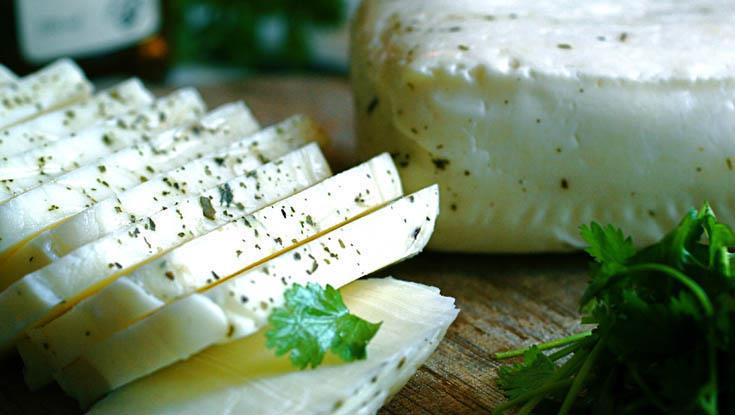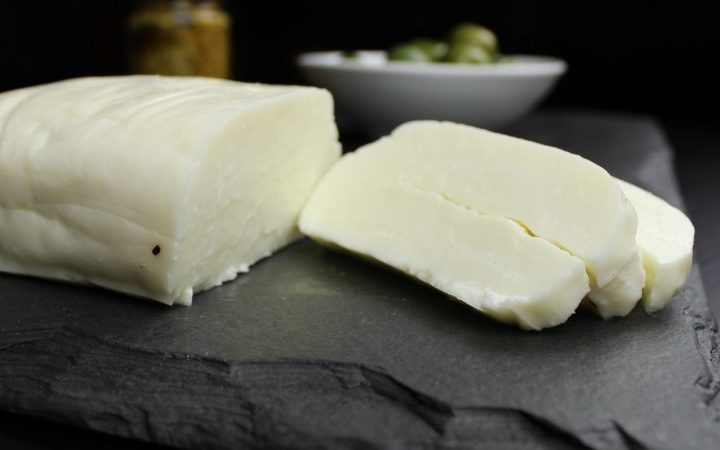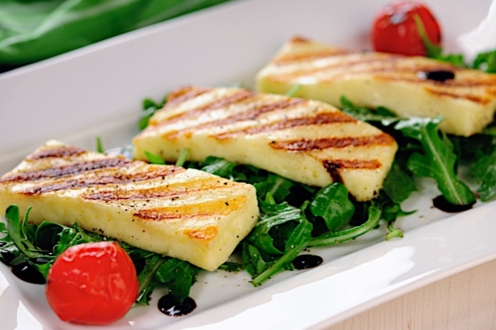Authorities are cheesed off with Halloumi makers as one in five packages of the island’s traditional cheese sold in supermarkets do not meet the required standards.
Just over a year since Halloumi’s PDO (Product of Designated Origin) status, approved in April 2021 by the European Commission, authorities have spotted products which violate the file’s criteria, or worse, made with milk powder.
It emerged from a meeting of Commerce Minister Natasa Pilides, Agriculture Minister Costas Kadis, the legal services and the state laboratory that 20% of products checked randomly contained only a small amount of goat or sheep milk.
Cyprus’ PDO file submitted in 2014 said goat’s milk should by 2024 exceed cow’s milk, reaching a minimum of 51%, produced from specific Cypriot breeds of goats and sheep; this did not satisfy cheesemakers who fear the loss of halloumi exports.
Halloumi’s PDO status means the rubbery cheese can only be produced in Cyprus under strict criteria, preventing imitators worldwide from claiming the crown.
The cheese’s EU status came into effect on 1 October 2021.
In the meantime, authorities consented to producers selling halloumi made with 25% goat or sheep milk to 75% cow milk.
The Agriculture Ministry has instructed the state lab to conduct special tests to identify halloumi products made with milk powder.
Ministers also decided to intensify the audits carried out, consider the possibility of conducting all audits by one organisation, encourage PDO halloumi producers to unite and encourage sheep and goat farmers to strengthen their organisation.
Kadis also met with representatives of the sheep and goat breeders, whom he informed about the results of the meeting at the Ministry of Commerce.
Goat and sheep breeders have been protesting “dairy producers’ unwillingness” to conform to the PDO file.
Arguing that dairy producers should have conformed with the cheese’s PDO file, goat and sheep breeders criticised the government for not carrying out the necessary checks.
Cheesemakers have openly expressed their concern over the thorny issue of goat’s milk exceeding cow milk in the ratio by 2024, arguing that a shortage in goat and sheep milk will make it next to impossible to produce halloumi in the quantities they are accustomed to.
They fear the obligation to sell halloumi in blocks could lead to plunging sales of other popular products, such as halloumi burgers and light halloumi, which will no longer be able to carry the brand name.
Sales and exports of Halloumi generated a whooping €266.5 mln in 2020.
The Agriculture Ministry values the global halloumi cheese market at €420 mln, while studies show it could generate over €625 mln in several years.










